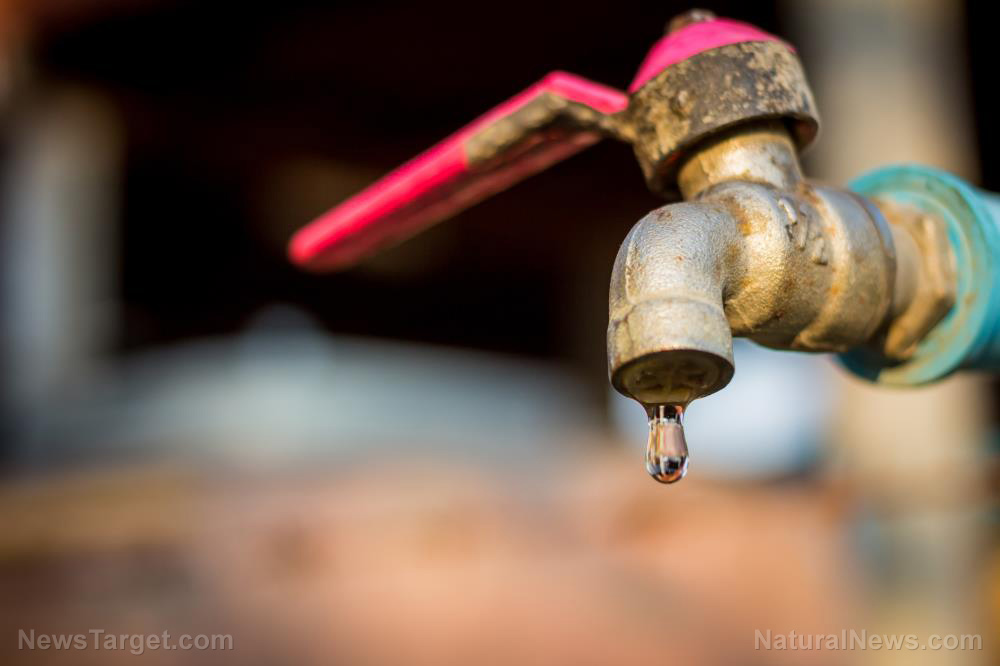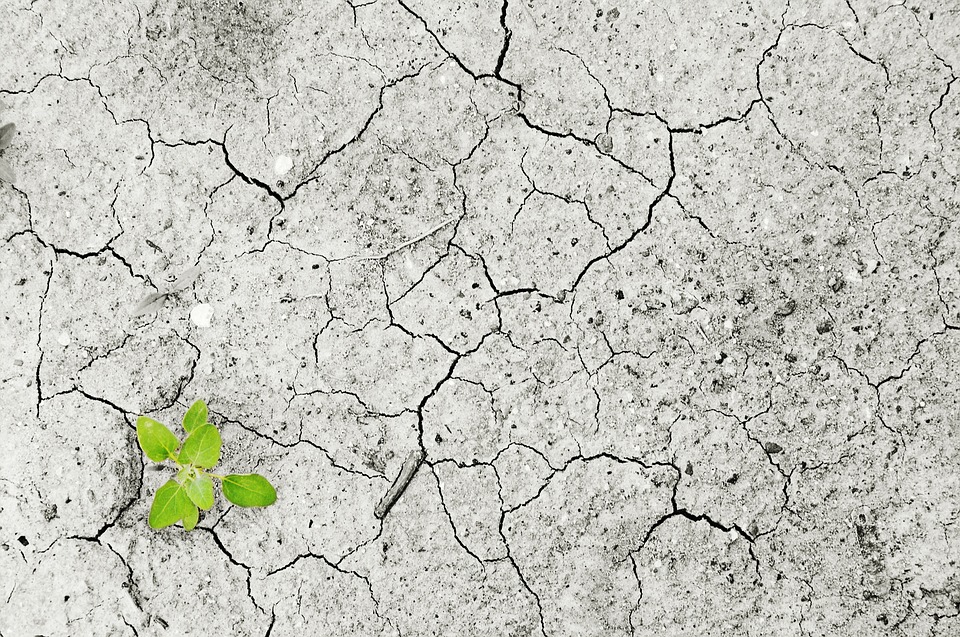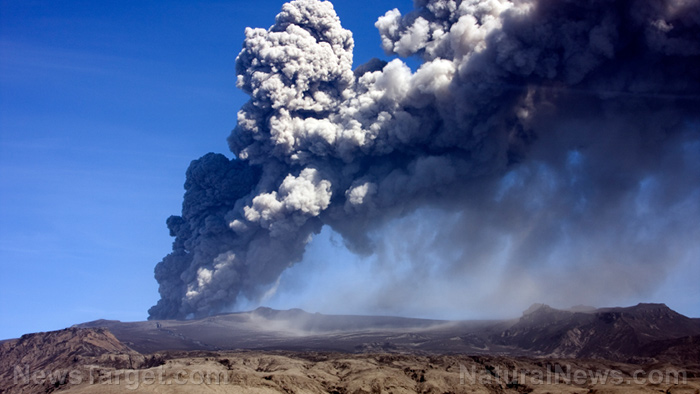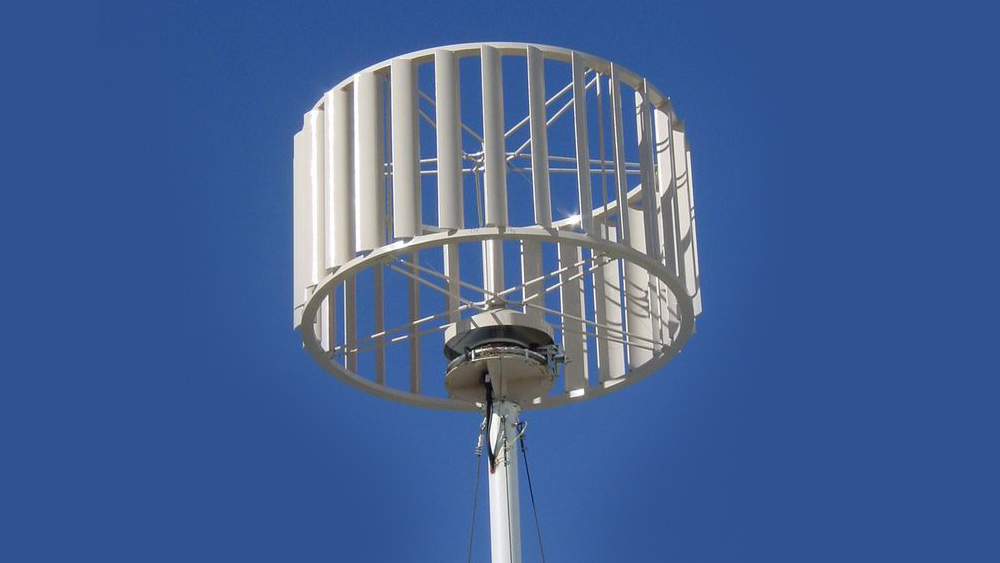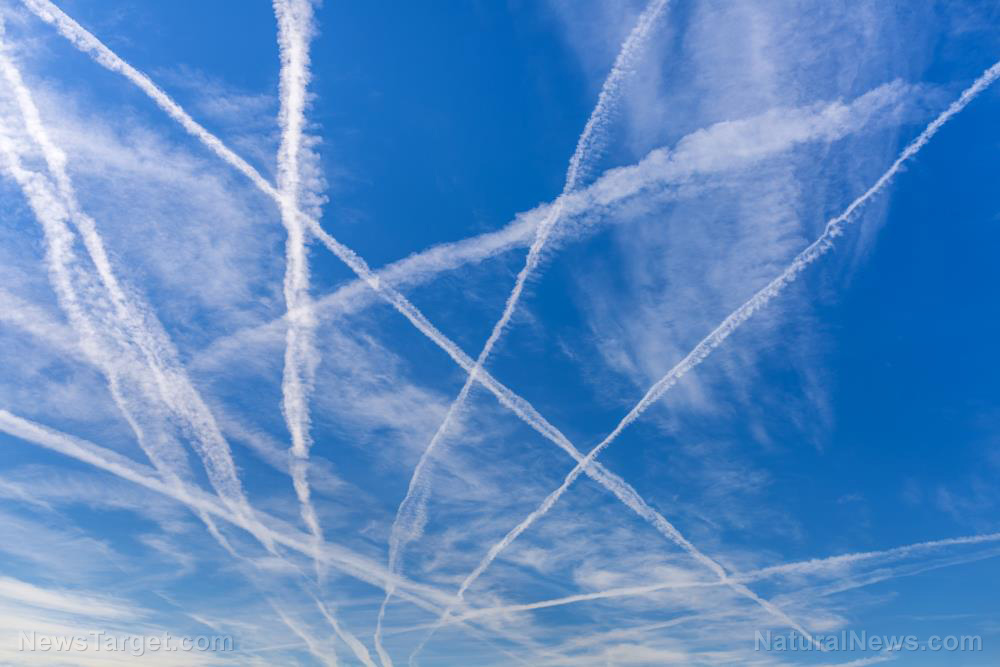Op-ed: Western drought hits US national security
07/04/2021 / By Ramon Tomey

Many states felt the impact of the drought that hit the western U.S. However, an analyst pointed out that the drought also significantly impacted U.S. national security in more ways than one. The analysis came as the country still recovered from the effects of last year’s Wuhan coronavirus (COVID-19) pandemic and political turmoil. It also warned that the drought could also trigger domestic unrest over a lack of resources.
International Military Council on Climate and Security (IMCCS) Director Erin Sikorsky elaborated on the national security risks brought along by the western drought in a June 26 The Hill op-ed. She acknowledged the drought’s impact on different states such as “broiling temperatures, severe water stress and off-the-charts fire danger.”
According to Sikorsky, wildfires that blazed in 2020 diverted U.S. military personnel and resources away from other missions. The conflagrations also forced military bases to be evacuated and training days to be shortened because of poor air quality. True enough, two military bases in California – Beale Air Force Base and Camp Pendleton – were forced to evacuate base housing due to wildfires.
Aside from wildfires, Sikorsky mentioned that water shortage caused by the drought also contributed to potential tensions. She pointed out the current situation at the Klamath Project irrigation system in the state of Oregon as an example of the latter.
A May 2021 OPB report said the U.S. Bureau of Reclamation (USBR) closed the project’s main “A” Canal due to historically low water levels. This left irrigators dependent on the system with insufficient water supply for the summer and exacerbated a bad year for Oregon farmers. Some affected residents have issued threats to forcibly open the irrigation canal as a result of the USBR’s decision. (Related: American farmers say the federal government is stealing their water… and they’re going to fight to get it back.)

Meanwhile, a November 2019 report by the Government Accountability Office (GAO) found more than 100 U.S. military bases at risk of water scarcity. Majority of the bases facing a lack of water supply were located in the west – where some states have implemented water restrictions for the summer. Quoting military officials, the GAO report said military installations “depend on water for activities such as training, weapons testing, fire suppression and sanitation.”
Sikorsky said the drought’s effects on military infrastructure are concrete and measurable. However, the IMCCS director added that social and political turmoil caused by the drought leading to violence is more uncertain and complex.
The director referenced the National Intelligence Council‘s latest Global Trends report that touched on the potential unrest caused by what she calls climate change. According to the report, countries with “ethnic or religious polarization, livelihoods highly dependent on natural resources or agriculture, weak or illegitimate conflict resolution mechanisms, a history of violence and [a] low adaptive capacity” are more likely to experience climate-driven instability and conflict.
Sikorsky remarked: “Any intelligence analyst worth their salt would note that parts of the U.S. meet at least some of those criteria [mentioned in the report.]” She then asked if the situation in Oregon “is an aberration or a harbinger of what’s to come.”
According to scholars, states need two key ingredients – legitimacy and capacity – in order to maintain stability and avoid conflict in the face of climate hazards. However, the U.S. has recently fallen short of these two components, the IMCCS director said.
A recent survey by the Pew Research Center has found that Americans on both sides of the political spectrum have very low and polarized trust levels toward the government. Only 36 percent of Democrats and Democrat-leaning independents have voiced their trust. Meanwhile, only a measly nine percent of Republicans and Republican-leaning independents have said they trust the government.
Sikorsky commented that the U.S. also may soon find its capacity falling short. “Its water infrastructure [and] agricultural practices … [alongside] land management techniques in the [western U.S.] were designed for a climate that no longer exists – and will come under even more strain as the pace and intensity of climate shocks increase in the coming years.” (Related: Heat waves, drought strain electrical grids and fuel wildfires in US West.)
Despite the grim projections, Sikorsky assured that the national security risk brought about by droughts can still be mitigated. “Assessing and understanding these risks is the first step toward tackling them. Rapid actions to scale up funding for adaptation and resilience measures should follow, as should efforts to build climate competence across domestic security practitioners,” she said.
NationalSecurity.news has more articles about how the drought in the western U.S. affects domestic security at large.
Sources include:
GAO.gov [PDF]
Tagged Under: California, civil unrest, Drought, Erin Sikorsky, International Military Council on Climate and Security, Klamath Project, low water levels, military bases, national security, Oregon, water scarcity, Western US, wildfires






